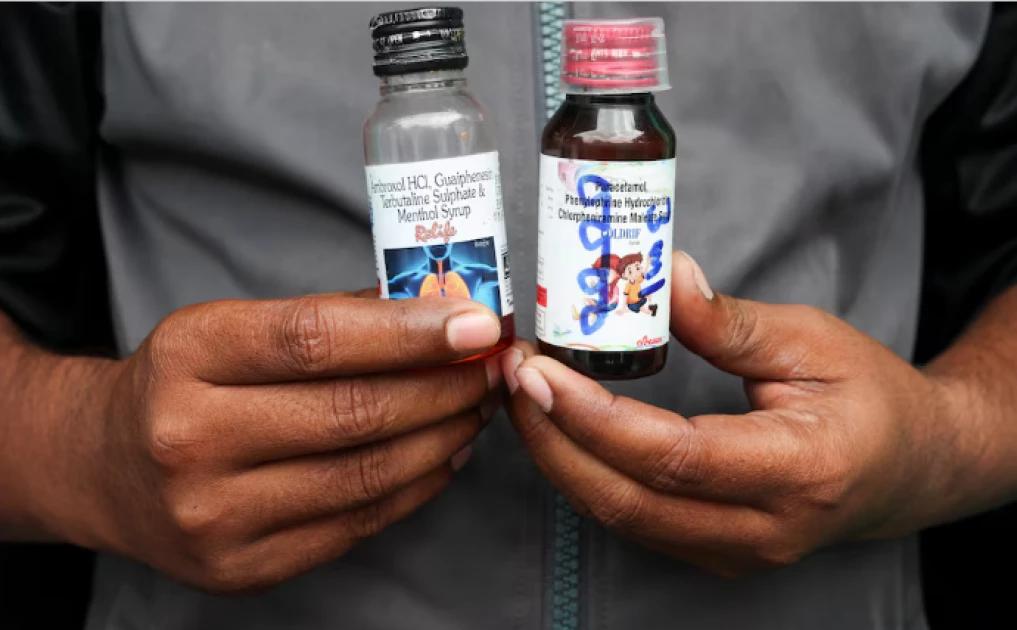
The World Health Organization (WHO) has warned about contaminated cough syrups in India after reports linked them to the deaths of several children in Madhya Pradesh’s Chhindwara district. All the victims were reportedly under the age of five.
India’s Central Drugs Standard Control Organization (CDSCO), the country’s main drug regulatory body, informed the WHO that the syrups in question were consumed by the affected children shortly before their deaths. The development has prompted an investigation into the quality and safety of the medicines distributed in the region.
The warning adds to growing international concern over the safety of some Indian-manufactured medicines following a series of contamination cases reported in recent years. Similar incidents involving cough syrups linked to child deaths have previously been reported in countries such as Gambia, Uzbekistan, and Cameroon. In those cases, toxic substances like diethylene glycol and ethylene glycol—used improperly during production—were found in the syrups.
The WHO said it is working closely with Indian authorities to determine whether the recent incident in Madhya Pradesh is connected to the same type of contamination. The organization has also advised countries to strengthen surveillance of medicinal products and report any suspected adverse reactions linked to cough syrups or other liquid medicines for children.
While the exact brand names and manufacturers of the syrups involved have not yet been disclosed, the WHO has urged the public to be cautious when purchasing or using cough syrups, especially those not verified by certified pharmacists. Local health officials in Madhya Pradesh have reportedly collected samples for laboratory testing to identify the cause of the contamination.
India, one of the world’s largest producers of generic medicines, has faced scrutiny over its pharmaceutical export standards since the earlier incidents that caused child fatalities abroad. The government has since promised stricter enforcement of quality controls and improved monitoring of small-scale drug manufacturers.
Health experts have emphasized that ensuring medicine safety is crucial to restoring confidence in India’s pharmaceutical industry, both domestically and internationally. The WHO is expected to issue a detailed statement once laboratory test results and regulatory findings are confirmed.
Health
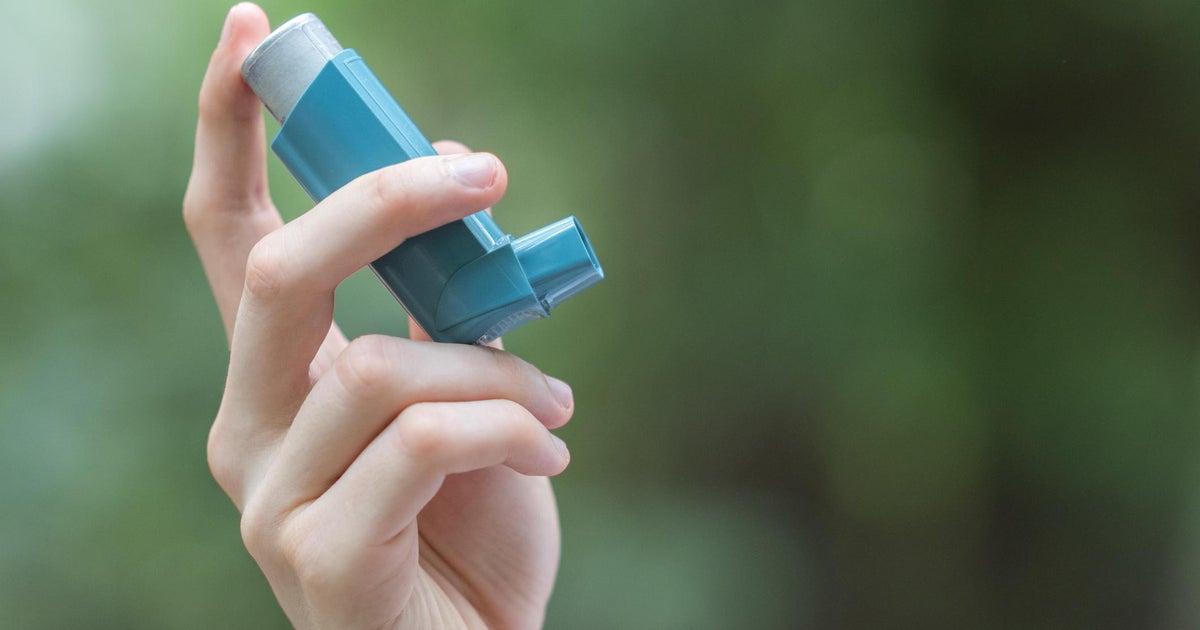
Inhalers Found to Emit as Much Carbon as 500,000 Cars a Year
Inhalers used to treat asthma and chronic lung diseases are responsible for a surprising amount of greenhouse gas emissions, new research shows.
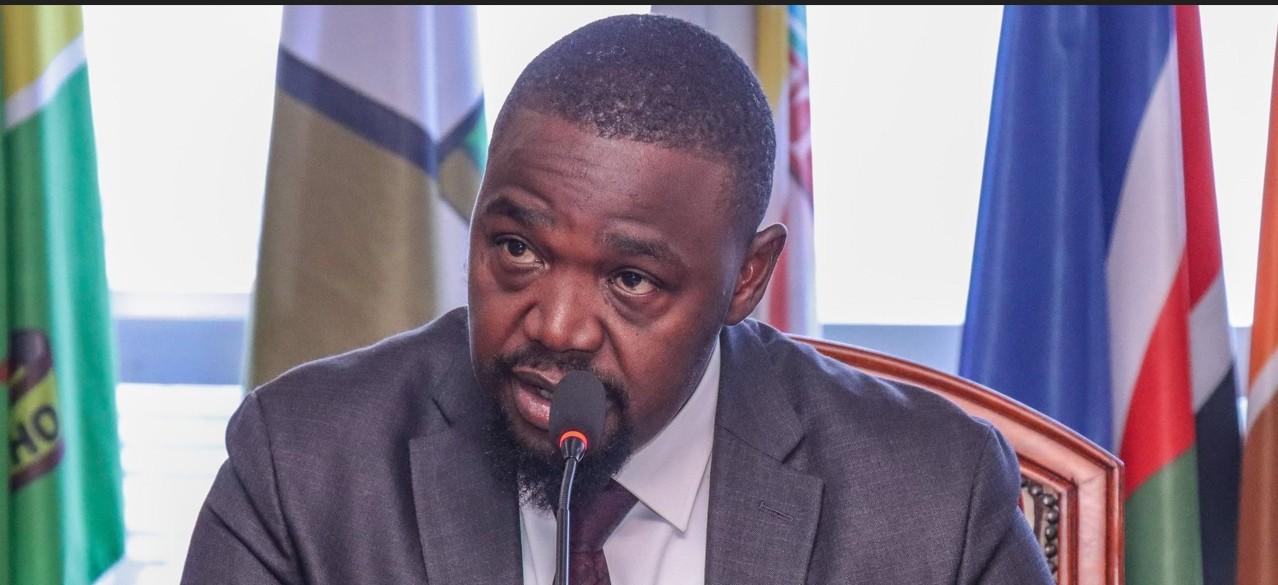
KMPDU Urges Ruto to Dissolve Kiambu Gov’t After 131 Deaths
The Kenya Medical Practitioners, Pharmacists and Dentists Union (KMPDU) has called on President William Ruto to dissolve the Kiambu County government following the reported deaths of 131 newborns during an ongoing doctors’ strike.
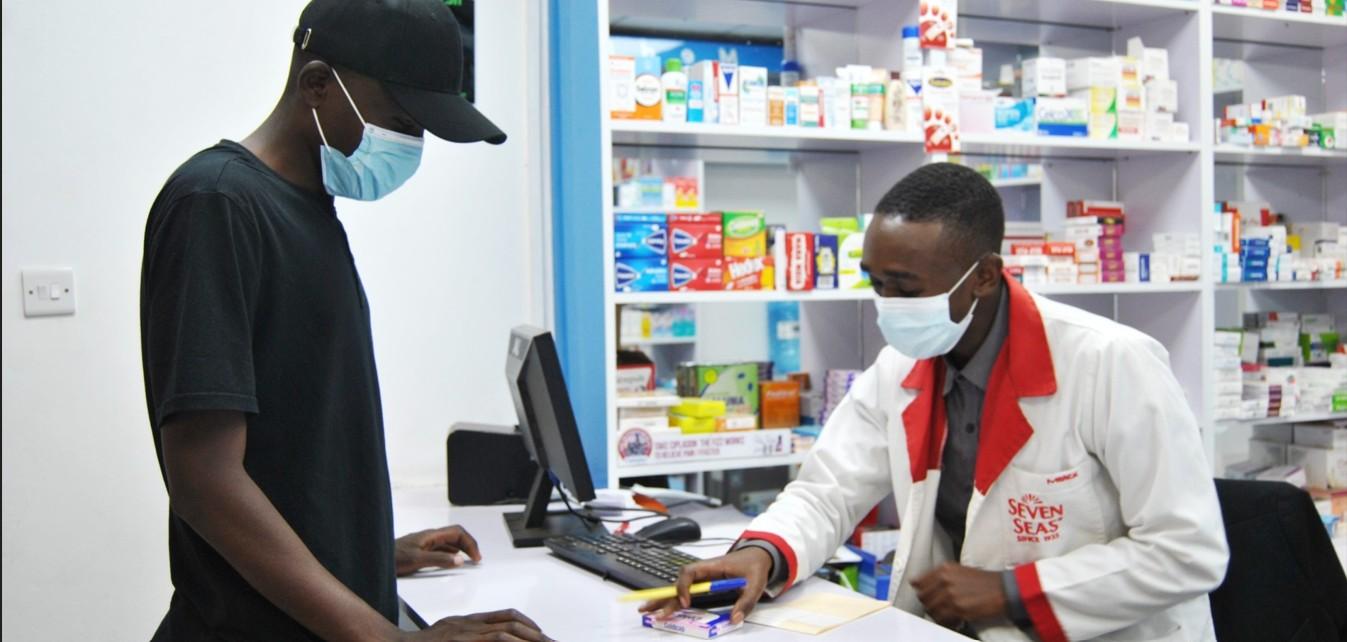
Pharmacy Board Refutes Medicine Import Ban Claims in Kenya
The Pharmacy and Poisons Board (PPB) has firmly rejected claims that it blocked over 21,000 medical products from entering Kenya, insisting that drug supply across the country remains uninterrupted.
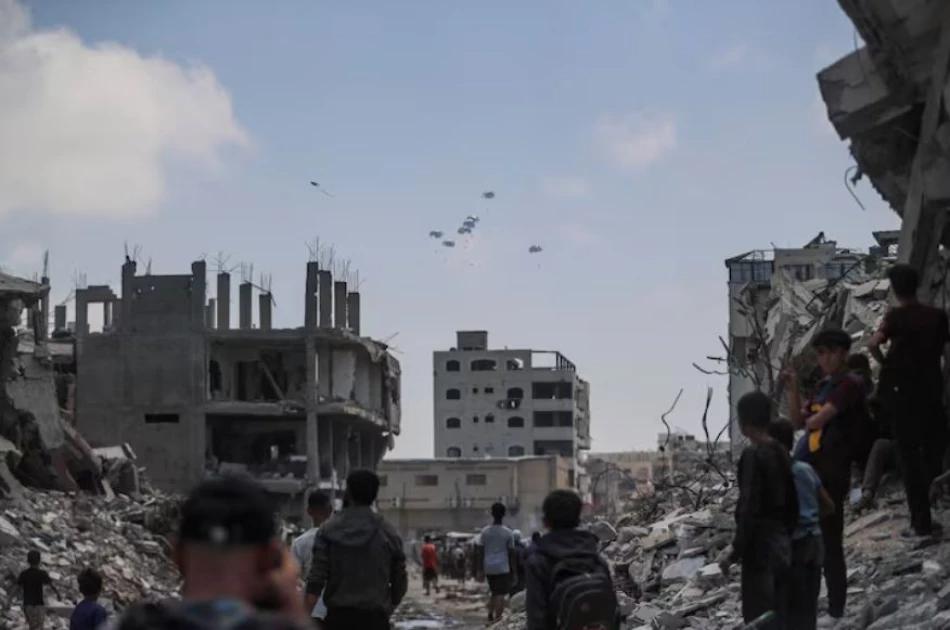
WHO: 42,000 in Gaza Suffer Life-Changing War Injuries
The World Health Organization (WHO) has reported that nearly 42,000 people in Gaza are living with life-changing injuries caused by the ongoing conflict, underscoring the severe human toll of the war.
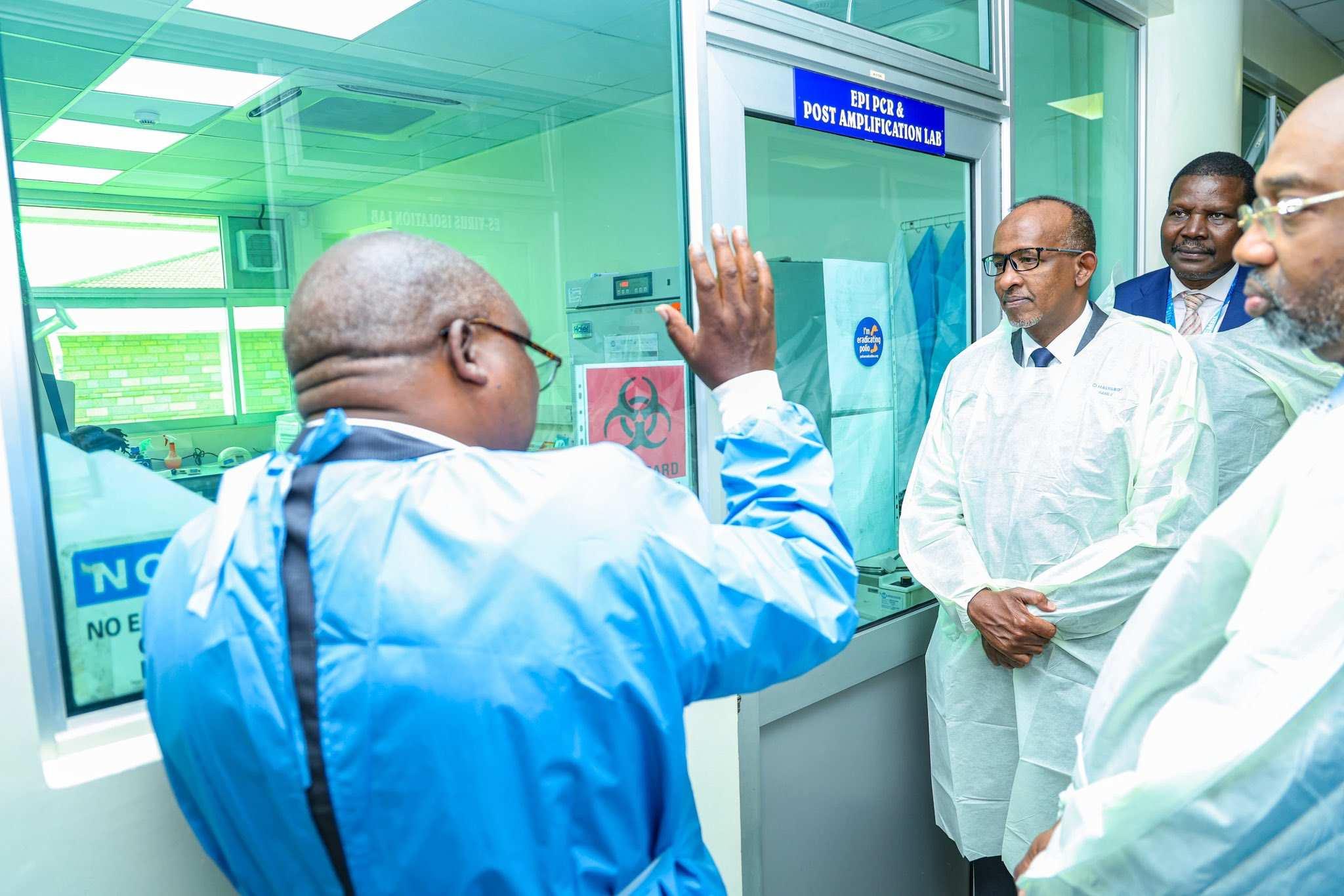
Kenya Opens Polio Lab to Strengthen Virus Detection in Region
Kenya has launched a new polio laboratory at the Kenya Medical Research Institute’s Centre for Virus Research.